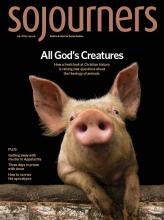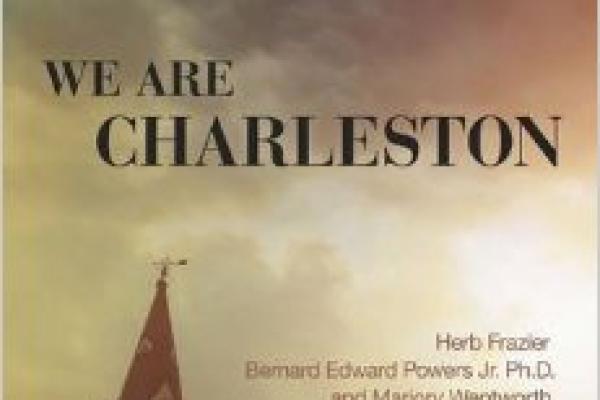On June 17, 2015, a young white man walked into a Bible study at Mother Emanuel AME Church in Charleston, S.C., and sat quietly until the benediction, when he shouted racist statements and opened fire. The suspect, Dylann Roof, was arrested the next day. Killed were Rev. Clementa Pinckney, Rev. Sharonda Coleman-Singleton, Myra Thompson, Tywanza Sanders, Ethel Lee Lance, Cynthia Graham Hurd, Rev. Daniel L. Simmons Sr., Rev. DePayne Middleton-Doctor, and Susie Jackson. After the killings, some family members expressed their forgiveness.
There are cynics who assume these extraordinary expressions of forgiveness were only a trip of the tongue when these family members were put on the spot—but if that’s true they would have recanted their statements or qualified them somehow. Each said something distinctly different at the bond hearing, and all the complexities and contradictions that weave their anger and grief into the notion of forgiveness must be considered. This forgiveness is not easy; it is quite the opposite.
But not every family had a representative at the bond hearing, and not all the family members feel the same way about forgiveness. Forgiveness itself is as complex as any human action. These extraordinary expressions of forgiveness do not suggest acceptance, nor do they imply forgive and forget.
Read the Full Article

